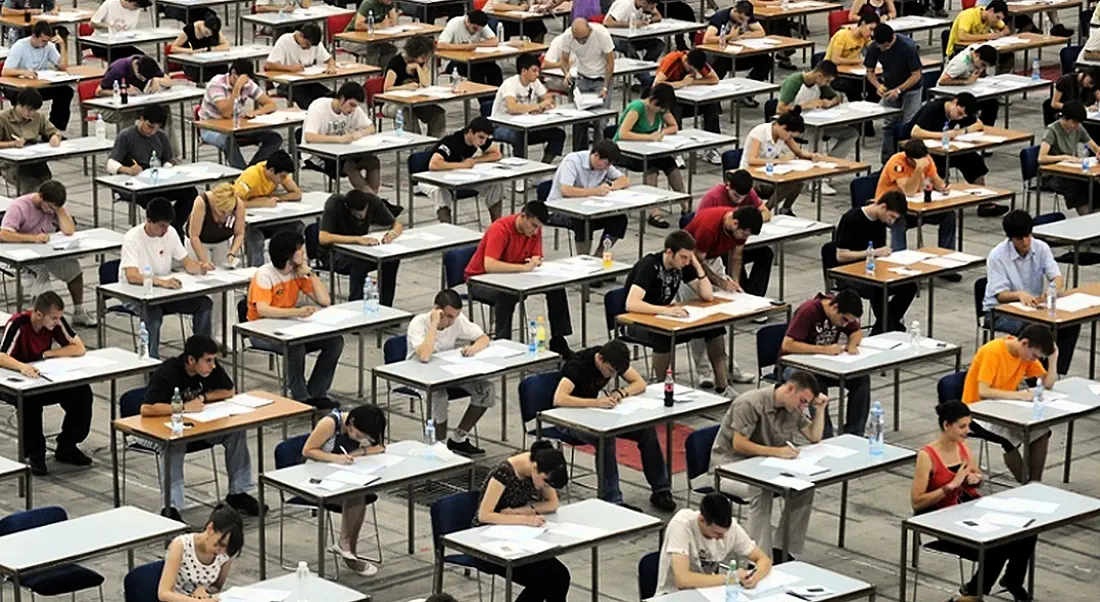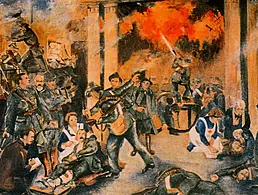A major reform of the Junior Cert cycle from next year will mark the beginning of the end of rote learning, with students marked by ‘merits’ and ‘distinctions’ rather than traditional As and Bs.
It is understood that new reforms to the junior cycle from next year will place less emphasis on rote learning, whereby three years of learning are condensed into one single final exam, and more on modern approaches to assessment and learning.
The aim of the reform is to lay a foundation and move away from traditional rote learning based on memory skills and instead move towards the creative and critical thinking skills prized in the global economy today.
Toward a more meritious Junior Cert?
According to The Irish Times, a 24-page draft circular has been issued by the Department of Education to teachers unions and education partners outlining key changes to how exams will be graded.
For example, instead of traditional grades such as As and Bs, students will be graded by “merits” and “distinctions”.
A student who receives between 90pc and 100pc in the final exam will be given a “distinction”, while between 75pc and 90pc will be a “higher merit” and between 55pc and 75pc will be a “merit.”
Between 20pc and 40pc will be “partially achieved” while anything lower will be “not graded.”
It is understood that the new approach will appear first in the final written exam for English and is due to be expanded to other junior cycle subjects over the coming years.
Exam hall image via Shutterstock




